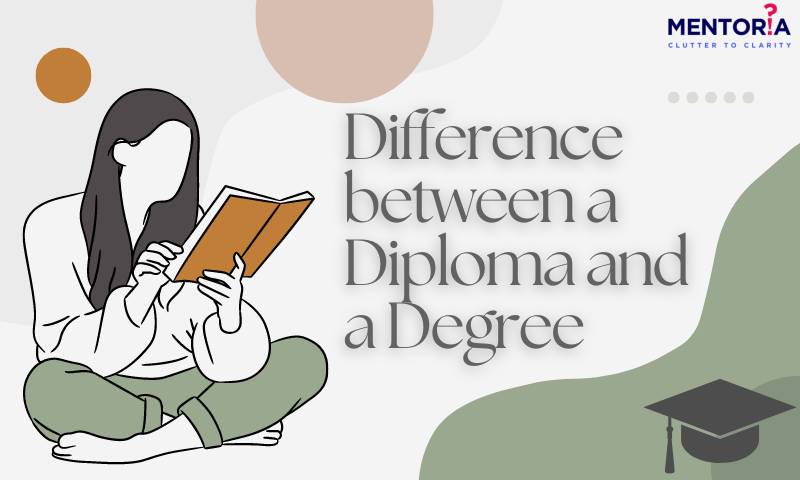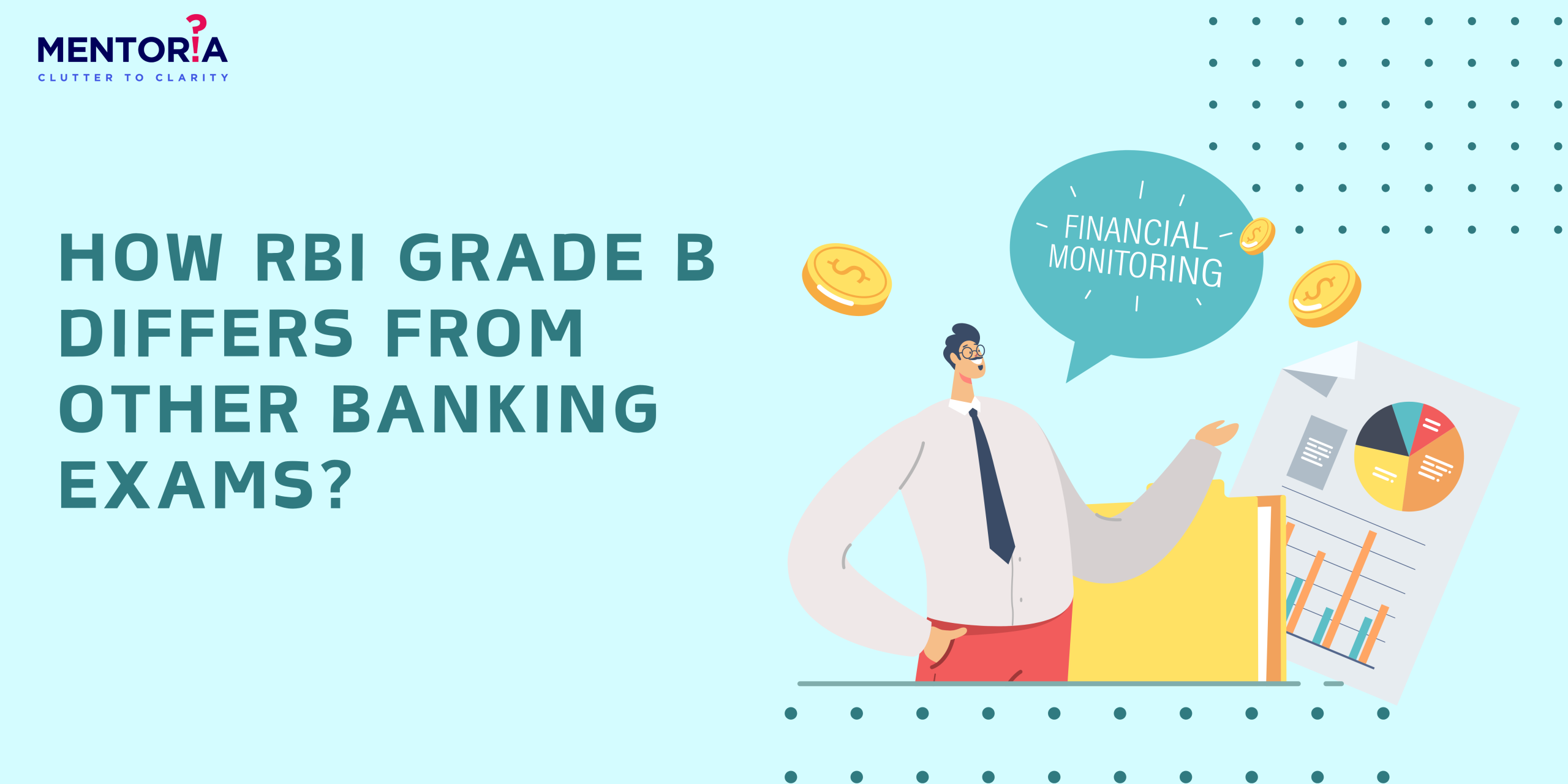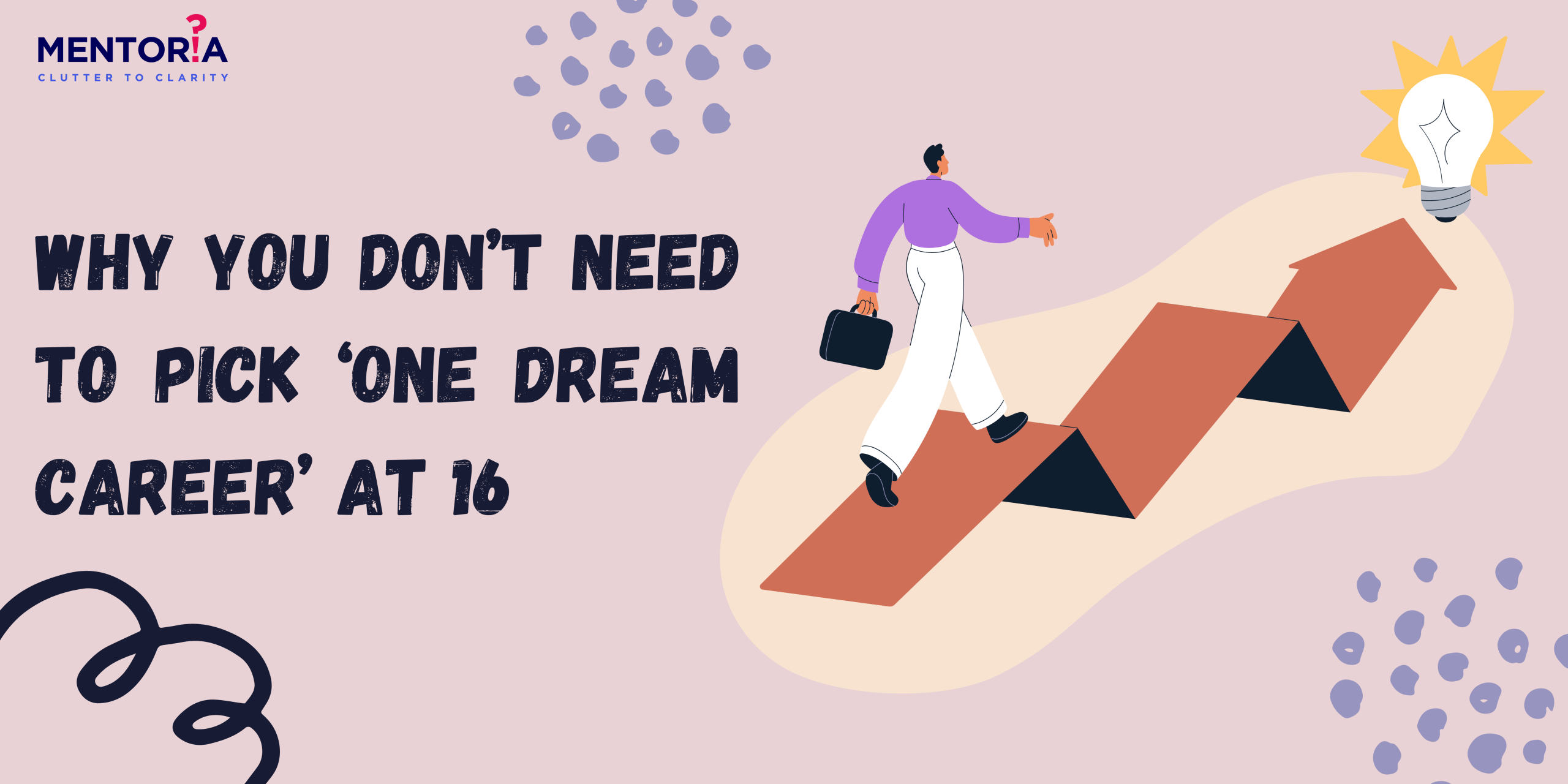Difference Between Degree And Diploma

Picture this – you’ve just passed your board exams. The first question that probably comes to your mind is, “Which course should I take up now?” You may have already chosen your stream, but now it’s time to decide between a degree and a diploma course.
While your relatives and parents will expect you to take up a degree and follow the standard procedure, you should research and make a decision based on your interests, skills, and strengths. Remember— while engineers and doctors do the world so much good, you still have over 12,000 careers to choose from!
If you’ve heard the term “diploma,” and are stuck thinking about what it actually means, we’ve got you covered! Read on to find out the key differences between a diploma and a degree, and discover the right choice for you!
Let’s understand a degree!
A degree is a certificate granted by a college or university upon successful completion of studies at a specific level in a chosen stream. You can earn a bachelor’s, master’s, or even a doctorate degree. The tenure is usually 3-4 years or more depending on the course you choose. You can check out Top 10 Best Degree Courses In India 2022 for information on different degrees.
A degree is available for almost all subjects and it gives you all-around knowledge, for example, an MBA (marketing) student will also be taught subjects like finance, accounting, strategy, etc. The higher your degree, the more opportunities for higher-paying jobs you will have.
Degree programs are typically longer and produce a more valuable education. The major benefit of pursuing a degree course is that students can easily obtain jobs in a short period of time.
You can check out detailed information on various careers on Mentoria or even book a session with the counsellor for a personalised solution.
Degree Programmes: Know the benefits and drawbacks
Many people believe that obtaining a college degree is critical to their success in today’s market. Let’s take a look at the advantages of obtaining a bachelor’s degree and how your individual learning goals and lifestyle choices should be taken into account when making this major decision. The benefits of enrolling for a degree could be:
- It improves and broadens your knowledge and skills in general.
- You’ll have a better chance of landing a job. For each work position, employers place higher and higher demands.
- You make friends and meet individuals who share your interests.
Some drawbacks of enrolling for a degree program could be:
- First and foremost, a degree is more expensive. Student loans are also a possibility, but they will come knocking on your door once you graduate.
- A degree can take up 3-5 years of your life and you need to figure out if it is worth the time.
- All theories have the potential to kill your imagination. Some people believe that educational institutions are attempting to create clones of society from them.
What does a Diploma mean?
A diploma program is more comprehensive than a certificate program but less so than a degree program, and it takes a year or two to finish. Diploma programs are typically more technical in nature and provide you with hands-on experience.
A diploma program offers field-specific courses specially aims to equip you with the important knowledge you need to be effective in today’s job market. After passing the high school examination, you can apply for admission to a diploma program.
What are the Pros and Cons of a Diploma?
In today’s world, there is a growing demand for people with vocational skills. Diploma courses assist individuals in achieving their goals in a gradual and dynamic job market. Let’s view the pros of a diploma,
- It is cost-effective and does not cost you a fortune
- Gives you early access to the workforce for those looking for early employment by giving you practical knowledge.
- The competition is comparatively less in diplomas.
Are there any drawbacks? Let’s have a look!
- In comparison to pupils in a conventional class 12 board, diploma students are less exposed to mathematics and physics as a topic.
- In some sectors, the value and compensation of diploma holders may be lower.
- With diploma courses, the high study alternatives overseas will be difficult to come by, depending on your field.
Degree vs Diploma: How are they different?
While admissions into a degree program take place annually, diploma programs may have semi-annual or quarterly intakes.
A degree is comparatively expensive, and also depends on the institution whereas Diplomas are less expensive and offer better value for money.
The least qualification for a degree is 10+2, You can pursue a diploma even after the 10th. A degree provides more theoretical knowledge and you need to be a full-time student, a diploma provides more practical knowledge and the class schedules are flexible.
While a degree is a safer choice if you are not sure of what you want to do, a diploma usually focuses on one particular subject and you are expected to make this choice.
For higher courses, degree students are accepted almost everywhere, while some institutions do not accept/prefer diploma students.
Diploma or Degree? Which is better?
A diploma is a certificate awarded by an academic facility to a student for completing a specific course and passing the evaluation.
If you have financial constraints, want to find employment in a more practical world, are not as academically successful, or want to join the industry sooner, a diploma course may be suitable for you.
The average yearly pay for a Diploma Engineer in India is 2.2 lakhs, with a range of 1.1 lakhs to 4.0 lakhs. In India, degree salaries range from 0.1 lakhs to 9.1 lakhs per year, with an average yearly salary of 2.0 lakhs.
You can always pursue a diploma course after a degree course and vice versa. A diploma cannot be called a “degree” because a degree can be awarded only by a university.
Some of the most popular degree courses are:
Management MBA/BBA (IIM Ahmedabad)
Engineering B.Tech and B.Arch (The Indira Gandhi Institute of Technology (IGIT)
Designing – Fashion/Interior/Web (NID, Ahmedabad)
Popular diploma courses:
Engineering Diploma courses (MSU Baroda – Maharaja Sayajirao University of Baroda)
Maritime diploma courses (Indian Maritime University, Mumbai Port Campus)
Tread smartly towards your ideal career!
There is no one-size-fits-all solution. Earning a certificate, diploma, or degree will be more dependent on the job role you desire. Some occupations only require diplomas, while others require a bachelor’s degree. One is not better than the other, it depends on your skills and your own goals. That is why it is critical to first evaluate your goals before deciding what to earn. Begin your career exploration journey with Mentoria and find the right career for you.
Assessing all of your goals and envisioning where you need to be in the long term will be critical in determining which option will best prepare you for your career. Book a career counseling session now at Mentoria and get the required help!






